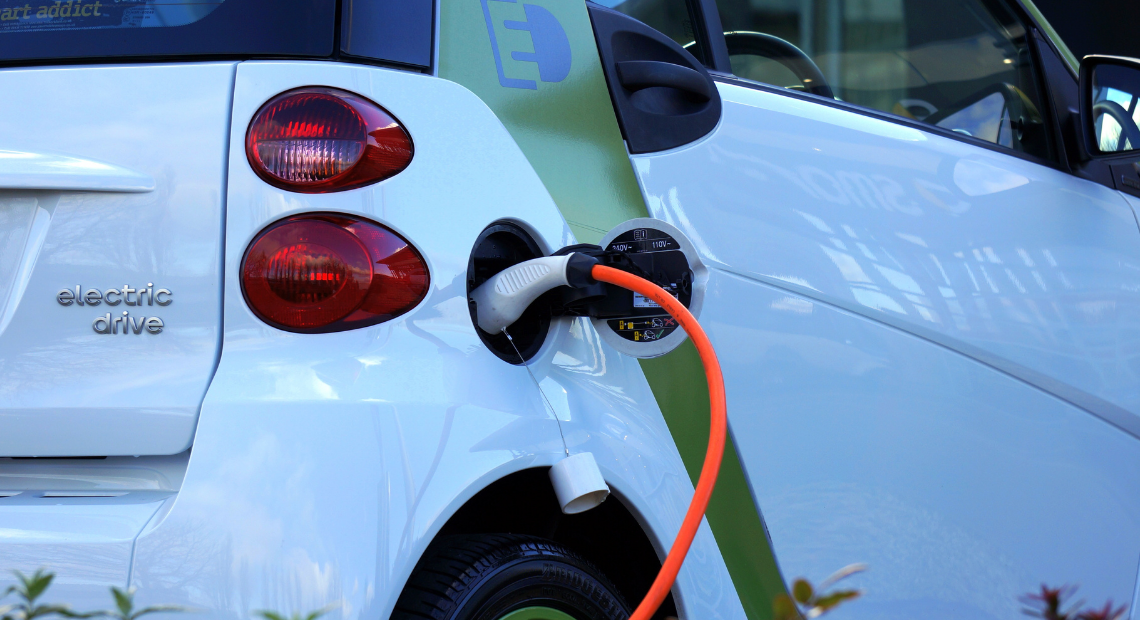ALBATROSS is a H2020 funded project that stands for “Advanced Light-weight BATteRy systems Optimized for fast charging, Safety, and Second-life applications“. ALBATROSS addresses the needs of European Electric and Hybrid-Electric passenger vehicle market by overcoming driver concerns relating to battery range and anxiety, cost, long-term reliability and excessive charging times.
ALBATROSS will develop an integrated approach based on smart batteries combined with lightweight designs. Using innovative cooling technologies, we will achieve pack temperature range 5-40°C (30-40°C under ultra-fast charging), with <3°C variation between battery cells and optimal operating temperature 20-23°C. The light weighting solutions, based on modular multi-material systems for battery modules and trays, will be fabricated and joined using cutting edge, fast and cost-effective processes, with disassembly, recycling and reuse designed in as a part of an eco-design approach. The modular approach provides solutions for BEVs and PHEVs. The scalability to delivery vans and heavy duty vehicles will be assessed.
The kick-off meeting was held online on January the 19th, 2021. The project will run for 4 years until December 2024 and it has a total budget of almost 12M€. ALBATROSS represents a pan-European EU consortium of world leading organisations that are looking to commercialise these technologies of European origin. The consortium is formed by 21 partners across Europe including IREC, and is led by Yesilova Holding AS, which has a global presence in the automotive market and the consortium is strengthened by organisations that are part of the global Fiat-Chrysler, Ford and Mercedes-Benz groups as well as European SMEs with world leading technologies.
Two groups at IREC (Energy Systems Analytics and Power Systems) are in charge of performing the study of the state of health analysis of the electric vehicle batteries during the 1st life using on-board monitored data from the battery and relating it to the day-to-day electric vehicle use to determine its practical end-of-life which might be different for each EV owner and depending on the environmental conditions where the EV drives.
IREC will perform Life Cycle Analysis taking an eco-design perspective. That is, the LCA is meant to be used in all the stages of the project as an additional flow of information with the goal of helping to take decisions on material and processes selection during the design, use and dismantling phases.
Link to cordis: https://cordis.europa.eu/project/id/963580
This project has received funding from the European Union’s H2020 research and innovation programme under grant agreement number 963580.




